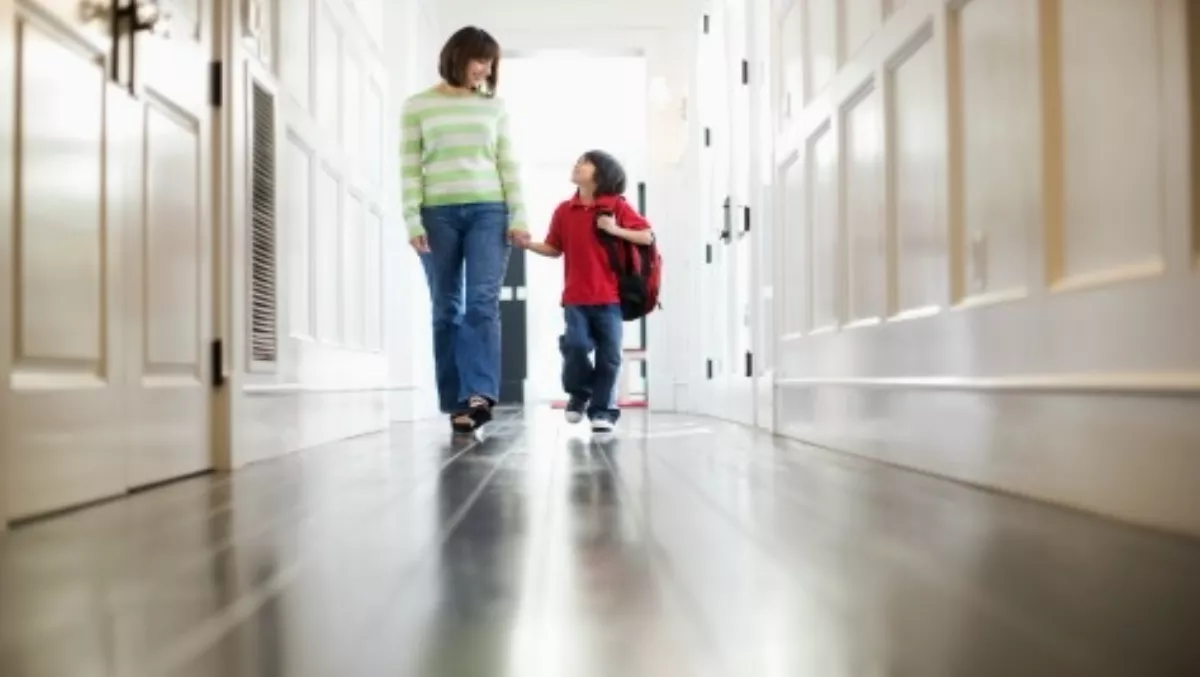
Do parents hold the key to Kiwi students' success?
The strongest educational resource available to Kiwi kids is cultural expectations, closely followed by physical resources, according to a new study.
A key component of cultural expectations are the aspirations New Zealand parents have for their children's educations. In fact, this is the strongest driver in their academic success, the study shows.
The first edition of the ASG Parents Report Card, undertaken by the Faculty of Education at Monash University in Melbourne, investigates the state of education in New Zealand from parents' perspectives New Zealand wide.
John Velegrinis, ASG CEO, says, "Parents hold incredibly important, often intangible resources in contributing to their child's educational success.
"The ASG Parents Report Card has found that parental aspirations for their children's education is the glue that holds everything together - aspirations optimise and underpin all other resources and influences that support their children's educational needs.
He says, generally speaking, New Zealand parents have an acute focus on and an understanding of their child's knowledge, skills and ability.
Therefore, it's important for schools, teachers and policy makers to have a more holistic approach to communicating with parents, he says.
"Regular communication with children about the importance of education and the aspirations for their future from an early age helps children to feel supported and achieve their learning potential," says Velegrinis.
"There is an opportunity, and a desire, for ongoing discussion on the nature of learning that occurs in schools and the approach to homework, to lead to better educational outcomes for New Zealand children," he says.
"Strong support ensures a child can always ask for assistance when they need help with their homework at home, and that they have everything they need in order to achieve academically at school.
"Cultural expectations are also influential, with parents agreeing that they make significant decisions about their children's education based on their families' value systems, traditions, beliefs and the social support they have around them," says Dr Shane Phillipson, associate professor in the Faculty of Education at Monash University and co-author of the report.
When it comes to parents' attitudes about the quality of teaching, the majority want to better understand the school curriculum and teaching methods, but are generally positive about it.
Phillipson says, "Parents generally hold teachers in high regard, with 89% agreeing their children's teachers are very capable and 85% believing the school curriculum will help their child with their future careers.
Furthermore, 79% of New Zealand parents also believe the school's curriculum suits their child's learning needs.
"The education system has procedures in place to ensure parents and teachers are communicating on both behavioural and performance progress.
"However, there is a call from parents to be educated about the teaching methodology, so they can ensure they're supporting their child's education in the home setting," says Phillipson.
The ASG Parents Report Card found that 83% of parents would like more money to support their child's education, with 44% of parents revealing they could not afford after-school tutorials and almost 20% needed to work two jobs to support their children's learning.
Further analysis shows that families with lower household incomes are likely to struggle to cover even the basics of their child's education.
Only 33% of families earning less than $48,000 each year said they had enough money for all their child's educational needs, in comparison to 45% of families earning between $48,000 and $96,000.
Agreement stands at 63% for families earning more than $96,000 per annum, according to the study.
Overall, more than 80% parents would like more money to support their children's education.
The ASG Parents Report Card also found that while parents generally agree their children want to do well at school, the strength of agreement was significantly higher among parents with daughters.
"Two thirds (70%) of parents with sons say they have to remind their children to study, compared to only 49% of parents with daughters.
"And half of all parents of daughters agree their child will not stop until their homework is complete, versus only 35% of parents with boys," says Phillipson.
In addition, the research reveals 76% of fathers perceive their child to be high achievers, compared with 69% of mothers.
"The research found that dads may be wearing rose-tinted glasses when it comes to their perception of their child's ability, versus mothers more 'realistic' views of their offspring's scholastic performance.
"Fathers were also stronger in their belief that their children have more knowledge compared to other children the same age (73%) versus mothers (60%)," Phillipson says.


